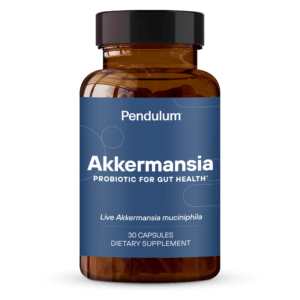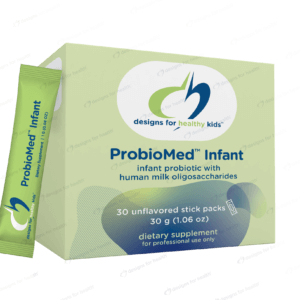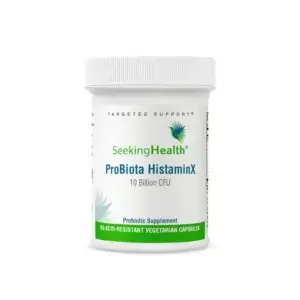Crohn's disease and colitis are both categorized under the umbrella of inflammatory bowel diseases (IBD). These gastrointestinal disorders can be debilitating, causing symptoms that drastically impact a patient’s quality of life. Both are considered autoimmune conditions, where the immune system mistakenly attacks the healthy tissues of the digestive tract.
Crohn’s disease most commonly occurs in the small intestine and the beginning of the large intestine (colon). Crohn's disease is characterized by inflammation and damage to the lining of the digestive tract. This condition is known for its unpredictability, with periods of symptom flare-ups followed by remission.
Colitis, specifically ulcerative colitis, primarily affects the colon (large intestine) and rectum. Ulcerative colitis is characterized by inflammation and ulcers in the colon's lining. UC can happen at any age, but it usually starts between the ages of 15 and 30.
Some indicators that you may have Crohn’s disease or colitis include:
Have your bowel habits changed or are you experiencing new symptoms or discomfort?
Risk Factors for Crohn’s & Colitis
Several factors contribute to the development of Crohn's disease and colitis:
- Genetics: Family history of IBD increases the risk.
- Immune System Dysfunction: An overactive immune response can lead to chronic inflammation.
- Environmental Triggers: Exposure to certain infections, toxins, and diet may play a role.
- Age and Ethnicity: Young adults and individuals of Jewish or Eastern European descent are at higher risk.
- Gut Microbiota: An imbalance in gut bacteria may contribute.
The Integrative Medicine Approach to Crohn’s & Colitis
Functional medicine offers a comprehensive strategy for managing and potentially resolving Crohn's disease and colitis. This approach focuses on each patient's unique biochemical, genetic, environmental, and lifestyle factors.
In contrast, the conventional approach to Crohn's disease and colitis typically involves the use of immunosuppressant medications and steroids to manage symptoms. While these interventions can be effective in reducing inflammation, they often carry side effects and do not address the root causes of the condition.
The functional medicine approach prioritizes:
Personalized Care: Integrative practitioners consider each patient an individual. Treatment plans are tailored accordingly and involve a blend of conventional, functional, and integrative modalities.
Dietary Guidance: Identifying and eliminating food triggers, followed by customized dietary plans that promote gut healing.
Gut Health: Balancing the gut microbiome through targeted probiotics and prebiotics.
Stress Reduction: Implementing stress management techniques to minimize the impact of the stress-gut connection.
Nutritional Support: Addressing nutrient deficiencies and digestive imbalances to support overall health.
Integrative providers may also use traditional Eastern & herbal remedies, as well as mind-body therapies like acupuncture or craniosacral therapy.
A Closer Look at Inflammatory Bowel Disease – Testing & Diagnostics
Functional medicine utilizes a range of diagnostic tests to understand the patient's unique biochemistry and assess the underlying causes of Crohn's disease and colitis.
These tests may include:
- Stool Testing: Comprehensive stool analysis to assess gut function, including beneficial and pathogenic bacteria.
- Food Sensitivity Testing: Identification of food triggers that exacerbate symptoms.
- Nutritional Assessment: Evaluation of nutrient deficiencies contributing to malabsorption.
- Microbiome Analysis: Sequencing of the gut microbiome to determine imbalances.
- Gut Permeability Testing: Assessment of intestinal permeability (leaky gut).
- Hormone and Immune Panels: Evaluation of hormonal imbalances and immune system function.
Get answers for your digestive troubles — virtual appointments are available!
Healing Digestive Problems
A healthy digestive system is crucial for overall well being. Gut function impacts nearly every other bodily system, and is a key focus in functional medicine. If left untreated, Crohn's disease and colitis can lead to secondary health problems, including arthritis, serious skin conditions, osteoporosis, malnutrition, and cancer.
Work with a team of qualified and experienced functional medicine providers to restore balance to your digestive system.





